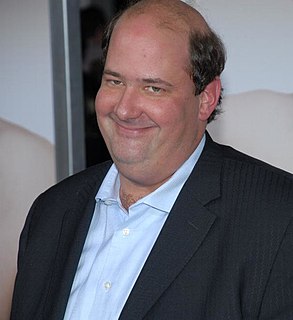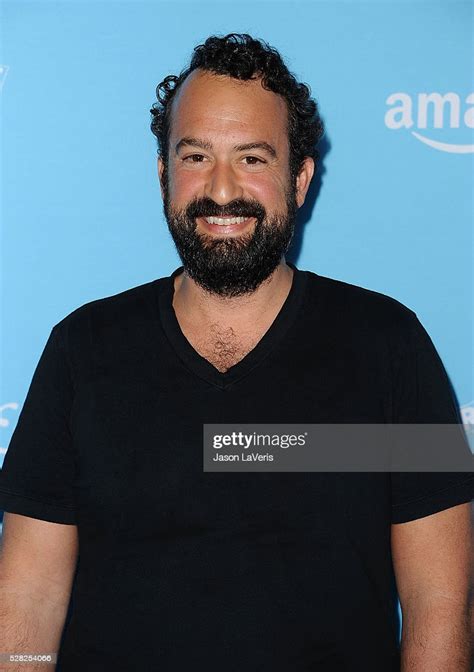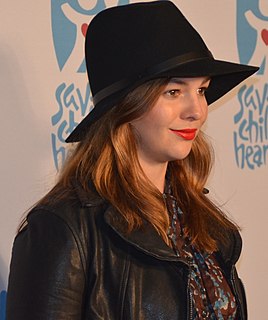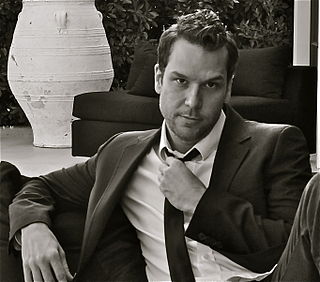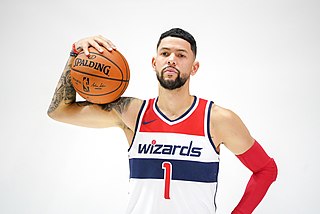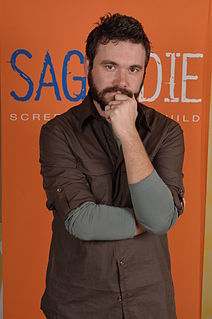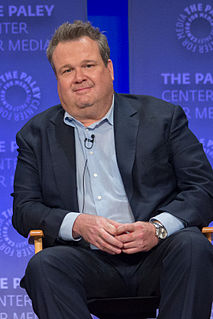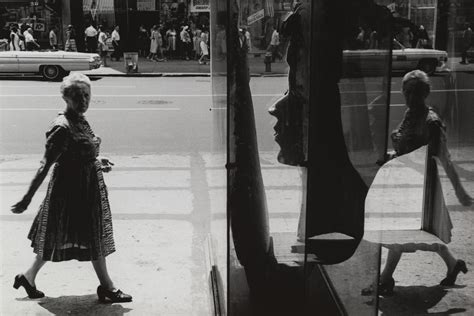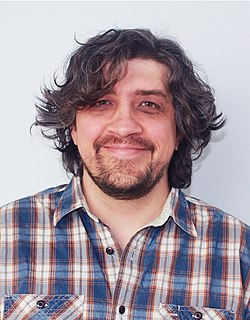A Quote by Brian Baumgartner
So in terms of a large part of the job on our show specifically, what makes the show complex and interesting and funnier are the conversations about "Where's the camera?" and "How aware are the characters of the camera? Are the cameras hidden for this shot? Is it a spy shot from far away? Or is it really close and in their face, and they sort of have to play to it in an embarrassing situation?" There's a whole other level of questions and choices that come into play on our show that are not even a factor in anything else.
Quote Topics
About
Anything
Anything Else
Aware
Away
Camera
Cameras
Characters
Choices
Close
Come
Complex
Conversations
Else
Embarrassing
Even
Face
Factor
Far
Far Away
Funnier
Hidden
How
Interesting
Job
Large
Large Part
Level
Makes
Other
Our
Part
Play
Questions
Really
Shot
Show
Situation
Sort
Specifically
Spy
Terms
Whole
Related Quotes
Jack [Nicholson] really knows about the camera. He's one of the directors who likes to play with the camera. He'll change things around, play with lighting, things like that. He'll even spend hours on the set-up for an insert shot. He's an interested person who gets involved in all the aspects of the films he is making.
One thing about our show that wasn't even in my awareness, but was brought to my attention by other people, is that our show is about these love-based relationships. Even though the characters are obviously going through different conflicts, you can really feel that the characters love each other. And they really try their best.
I was playing this sort of asshole actor [in The Jenny McCarthy Show]. And we shot the pilot, and it was a guaranteed go. It was going to be 24 [episodes] on the air. No questions from NBC. And we shot the pilot, and I was in Toronto doing a movie, and I got a call saying they cut the character, that I was off the show.
I really became aware of the fact that, oh yeah, whereas a lot of other shows are sort of cynical or jaded or just sort of coming from that sort of energy, our show is very, very about these love-based relationships. It really comes out, a lot of times, in a sweet way. And I think people find that refreshing about our show. That's one of the things I definitely picked up on.
All I ever wanted to do was get a great job on a TV show. When I read 'Modern Family' and started looking at what was available - I obviously couldn't play Gloria; I couldn't play Claire. When I saw the character of Cam, I was like, 'I have to have a shot at this,' because I thought it was a character that would be really fun to play.
A lot of people have experimented with hidden cameras and magic before. What I do, which I think is different from any other style of prank or hidden camera, is that it's all fun. It's back to that kind of fun that 'Candid Camera' was. It's not mean-spirited at all. It's a joyful kind of play with people.
